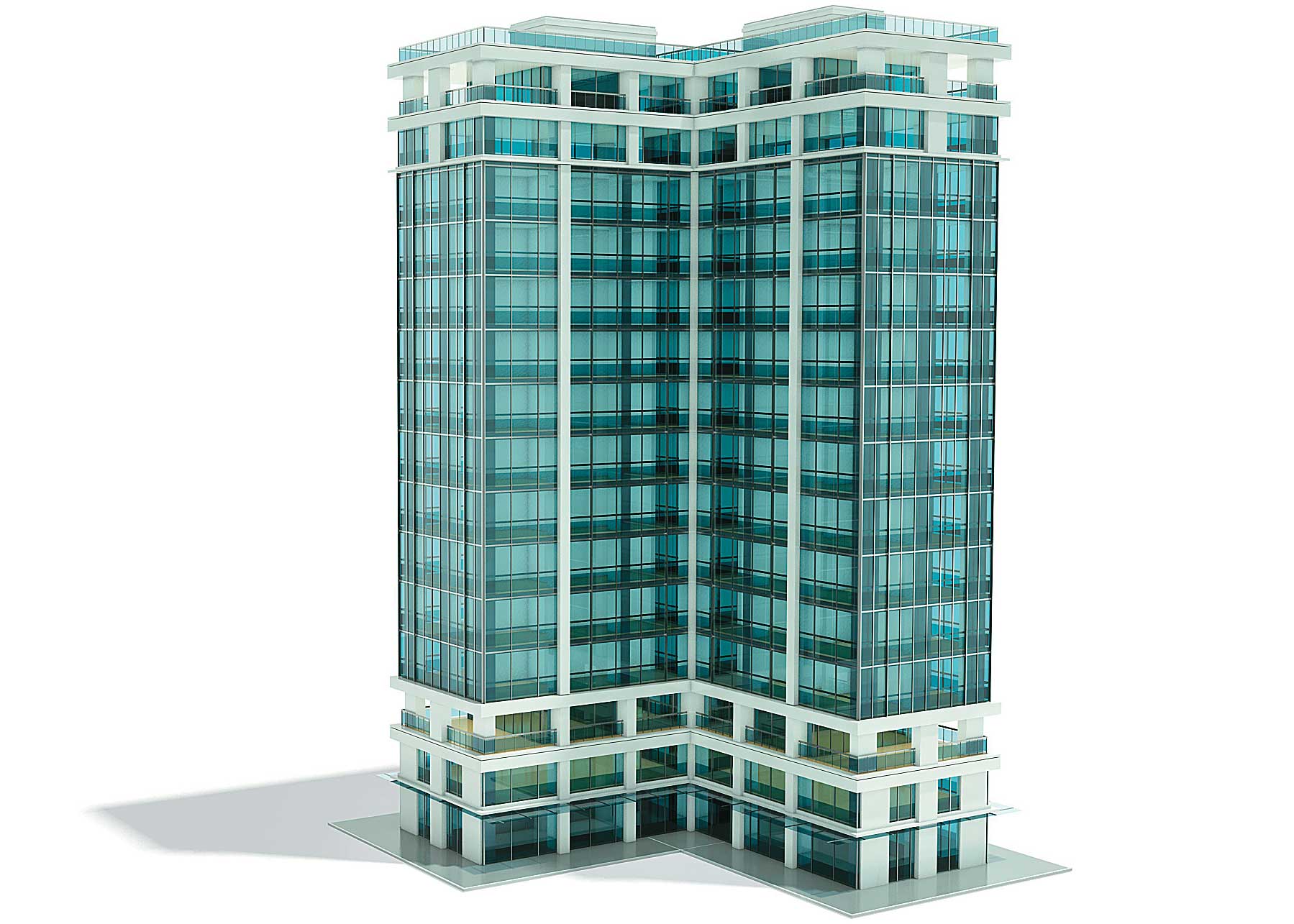
Global Spotlight: Survey Says…
BOMA International gets a grip on global tenants.
Until this year, BOMA International—a federation of 93 U.S. associations and 14 international affiliates representing owners and managers of commercial buildings—hadn’t conducted a large-scale survey of office building tenants since 1999. In terms of the changes in the industry, says Lisa Prats, vice president of communications and marketing, those 14 years might as well have been a century.
I’m hoping that we can institutionalize this and do this report either every three or five years.
“As we’re changing the way we work in offices—there’s a lot of teleworking going on, teaming spaces, open floor plans—how is that changing what tenants are looking for in their space and how they’re using the space?” she says.
New trends in sustainability and space utilization have transformed the needs of members of the federation as well, which is why this time BOMA expanded its survey beyond the United States and partnered with affiliates in Canada, New Zealand, and South Africa. That makes for tricky work on a couple of fronts. For one, questions need to be tailored to the green efforts unique to each country—Energy Star for the United States, BOMA BESt in Canada.
For another, the survey had to get not just to BOMA members—the building owners—but also to the tenants of those buildings who would actually take the survey. “We were very careful in the language—‘Send it to the person that you interact with the most in that tenant space’—because we don’t want all the tenants in that office suite to respond. We just want the decision-maker to respond,” Prats says.
The survey has given BOMA valuable insights on distinctions among international tenants. And there’s also a revenue aspect: The association in each participating country will receive a custom report that it can sell to its members, while U.S. headquarters will sell the global report, with a portion of the gross revenue distributed among the U.S associations.
Next up: crossing the language barrier and distributing the survey to non-English-speaking tenants. “I’m hoping that we can institutionalize this and do this report either every three or five years and expand the number of countries that participate,” Prats says.
(Getty Images RF)






Comments